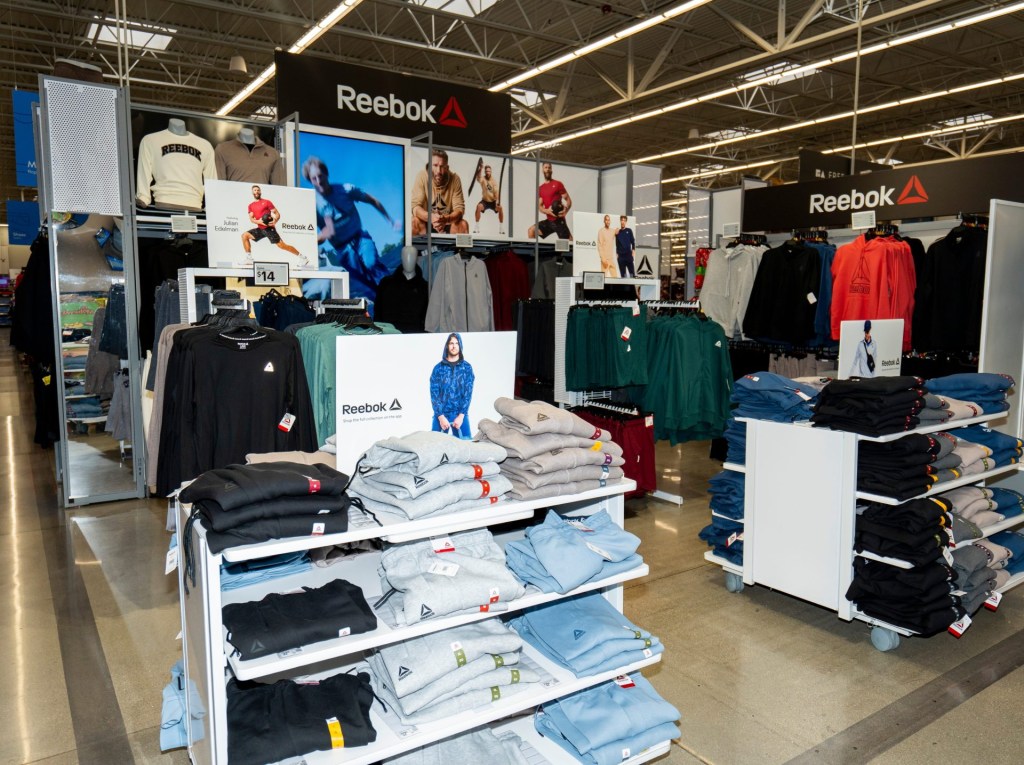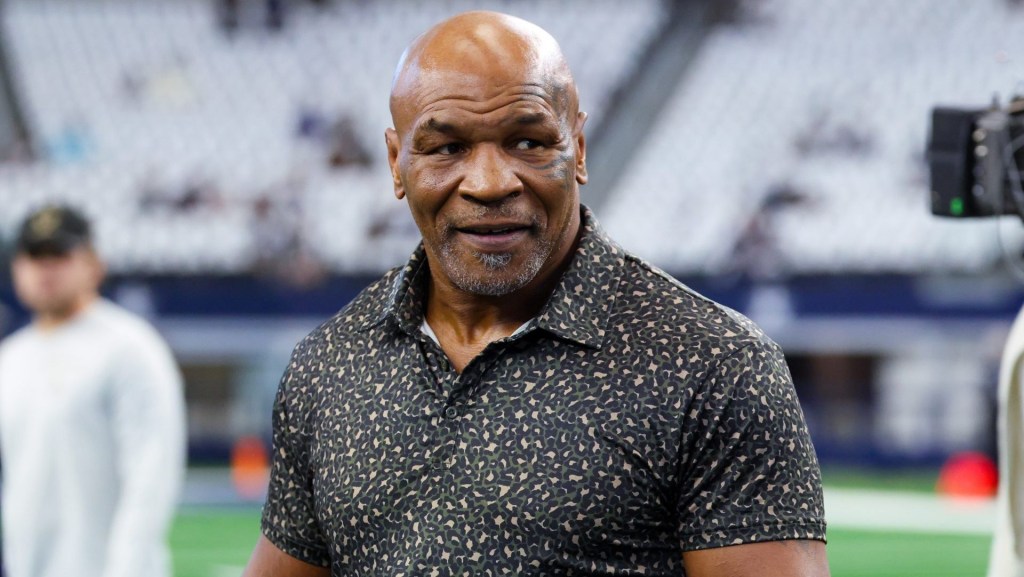Matt Araiza was picked by many NFL Draft prognosticators to be the first punter taken.
The San Diego State product who earned the name “Punt God” was ultimately the third punter selected as the Buffalo Bills nabbed Araiza in the sixth round with the 180th overall pick.
While it was reported two teams had knowledge of something amiss in Araiza’s background, sources tell Front Office Sports that there was nothing flagged in the pre-draft info compiled by the NFL and distributed to teams.
It stands to reason the Bills and other teams in need of a punter didn’t grasp the allegations Araiza faced, which were splayed out in Thursday’s lawsuit that alleged Araiza and two of his San Diego State football teammates were complicit in gang rape of an underaged high school girl last October.
The NFL as a whole has increased scrutiny of potential draft picks, especially when it comes to red flags on social media accounts that are traced back to prospects’ times in high school. Thorough background checks and interviews — especially of players expected to go in the early rounds — have led teams to make more informed decisions in the draft process.
Without criminal charges, it’s often left to coaches — like SDSU head coach Brady Hoke, who walked out of an interview on Monday when asked about the rape allegations — to inform NFL teams about issues related to prospects.
It’s not known if Araiza was confronted with anything in his background at the NFL Combine in February, where interested teams ask questions in private. The Bills apparently became enamored with Araiza at the Combine where he punted one ball in warmups 80 yards.
The Bills, however, had some information before they tapped Araiza as their starting punter on Aug. 22.
Near the start of training camp in July, Dan Gilleon, the attorney for the accuser, informed the Bills’ team attorney about the alleged incident.
Araiza’s family said in a statement on Monday that “there are multiple witness reports to deny the claims that are made against” their son.
“The legal system is designed to find the facts and make decisions,” the family said. “They should be allowed to do that.”
Even though the team said in a statement Thursday that it “conducted a thorough examination of this matter,” neither Gilleon nor any of his investigators ever spoke to the Bills again, a representative for the firm told FOS.
This wasn’t April, when details of the case were known to few people. Gilleon wasn’t even representing the accuser yet, and information on the San Diego police investigation — which just recently got turned over to prosecutors — was closely guarded.
Since the allegations occurred when Araiza was in his final year at SDSU, the league couldn’t take action under the personal conduct policy, the one that led to the 11-game suspension of Cleveland Browns quarterback Deshaun Watson.
That left the investigation up to the Bills.
Gilleon said he rebuffed outreach by Araiza’s attorney about a settlement that could have kept the allegations private and, potentially, prevented charges ever being filed.
A settlement isn’t sinister and isn’t technically a cover-up. But there were teams many years ago who occasionally worked to help players avoid arrest for incidents like one described by a former team security official.
“The player punched him [at a bar]. He roughed him up pretty good,” the former security official said. “I got the tapes from the club that night. We heard another thing about it.”
The two former security officials told FOS that’s not the way the teams or the league operate now — and not just because we are in the age of smartphones and digital surveillance that’s often backed up to the cloud.
“There were a small number of teams that did that kind of thing,” another security official said. “You send a player a message that basically says, ‘Everything will be taken care of.’ All you’re doing is enabling and it’s only going to get worse.”
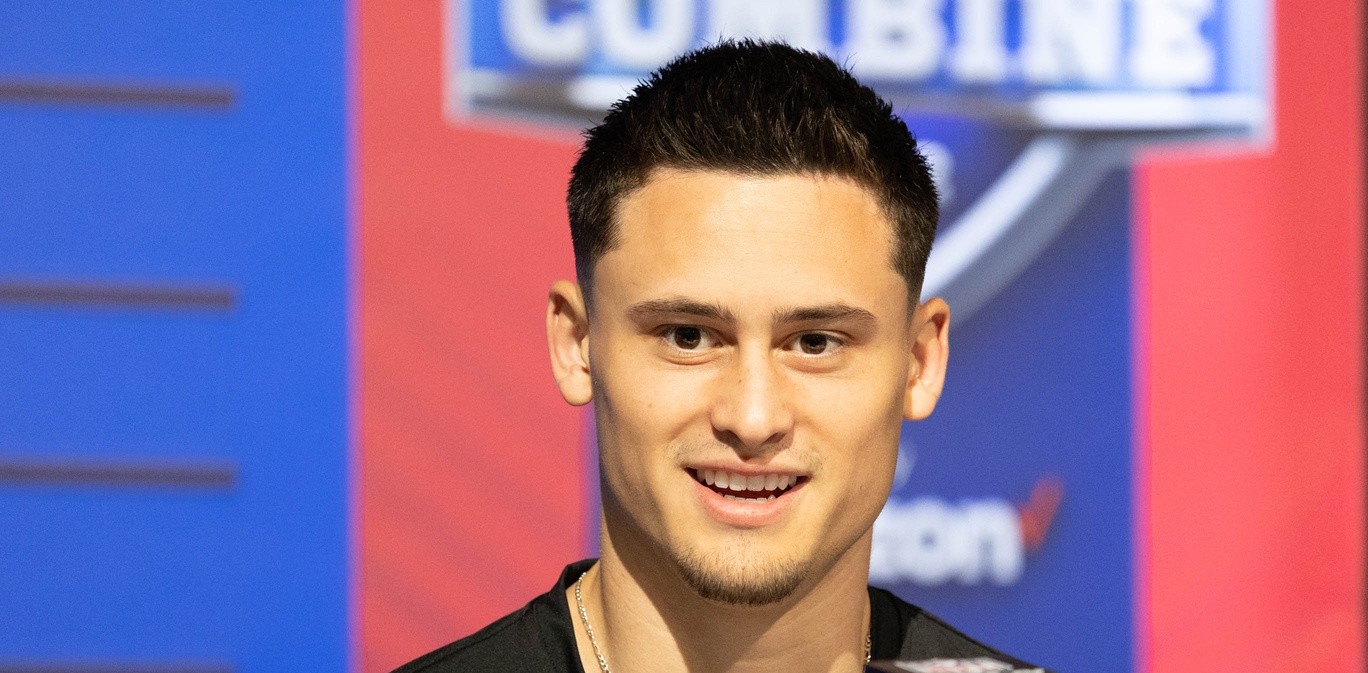

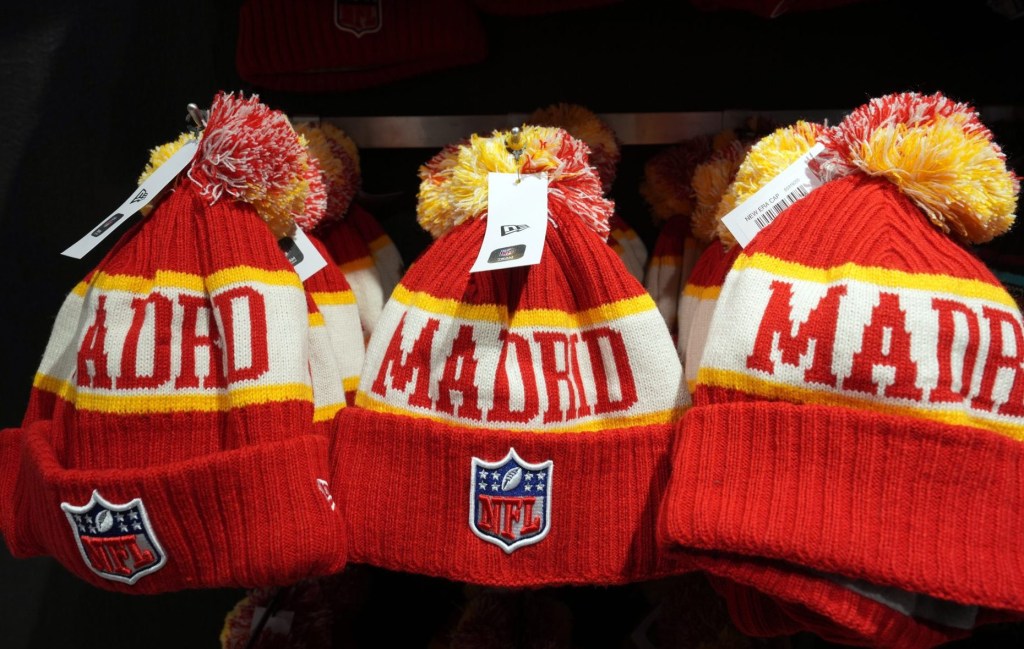
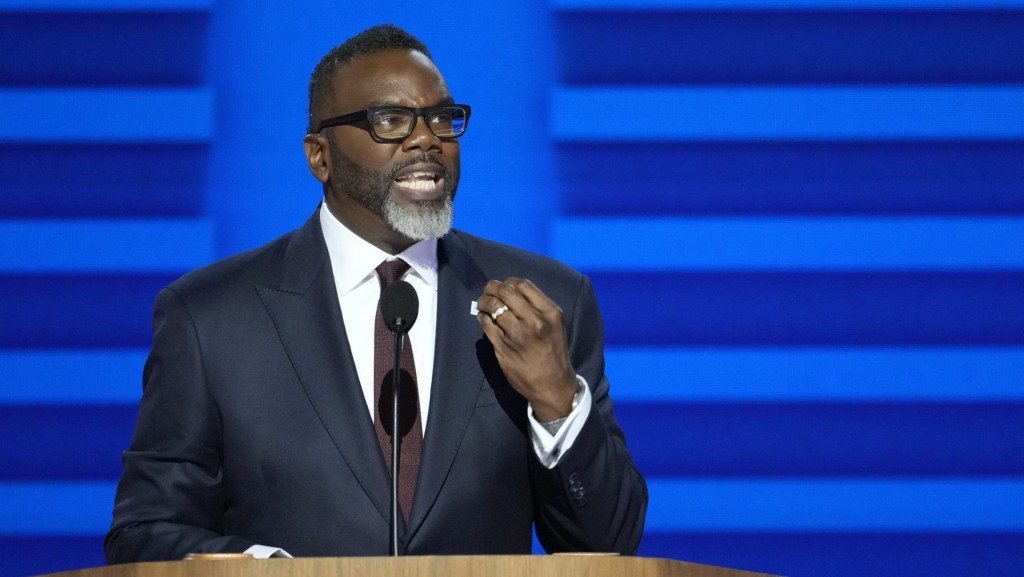
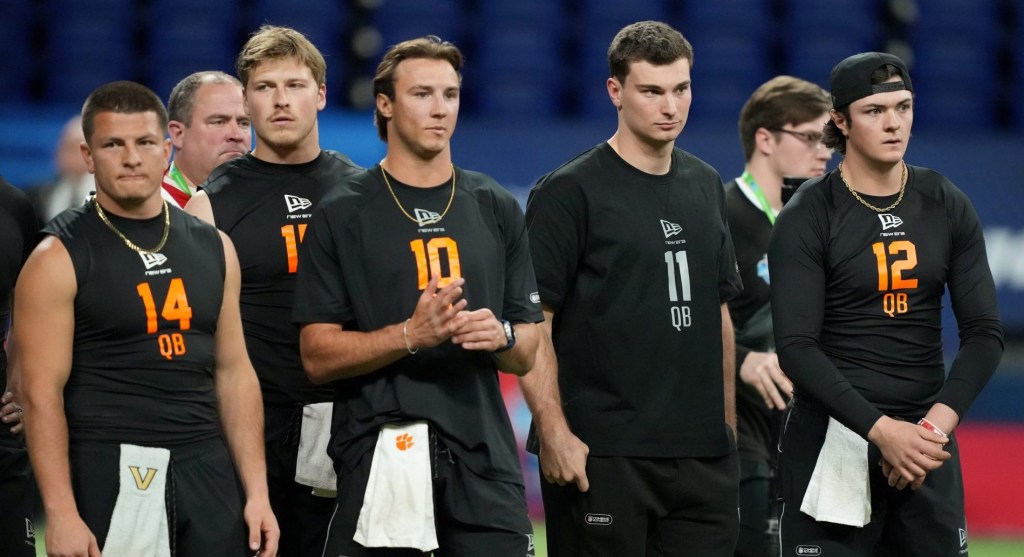

![[Subscription Customers Only] Jun 15, 2025; Seattle, Washington, USA; Botafogo owner John Textor inside the stadium before the match during a group stage match of the 2025 FIFA Club World Cup at Lumen Field.](https://frontofficesports.com/wp-content/uploads/2026/02/USATSI_26465842_168416386_lowres-scaled.jpg?quality=100&w=1024)
![[Subscription Customers Only] Jul 13, 2025; East Rutherford, New Jersey, USA; Chelsea FC midfielder Cole Palmer (10) celebrates winning the final of the 2025 FIFA Club World Cup at MetLife Stadium](https://frontofficesports.com/wp-content/uploads/2026/02/USATSI_26636703-scaled-e1770932227605.jpg?quality=100&w=1024)

